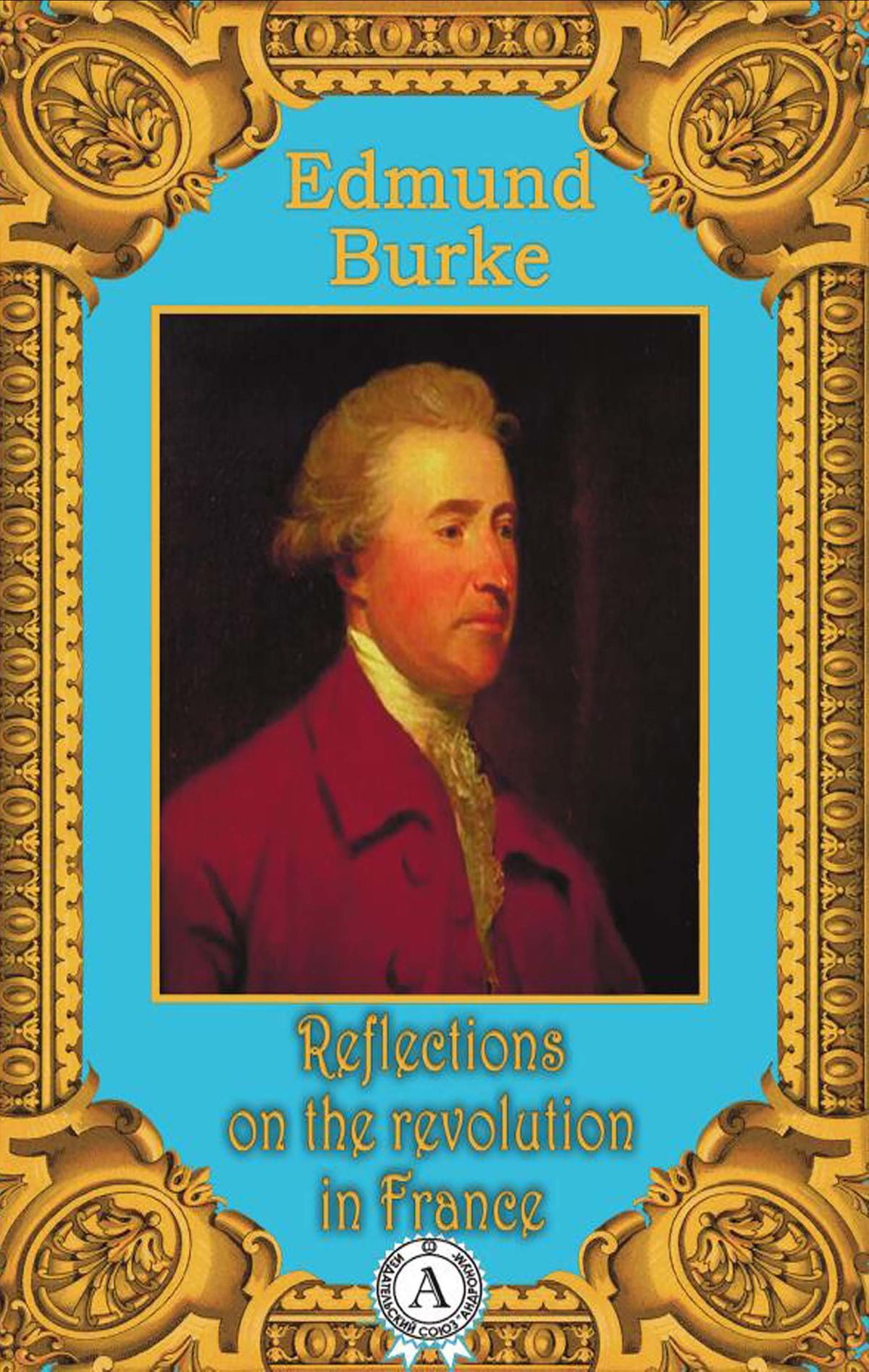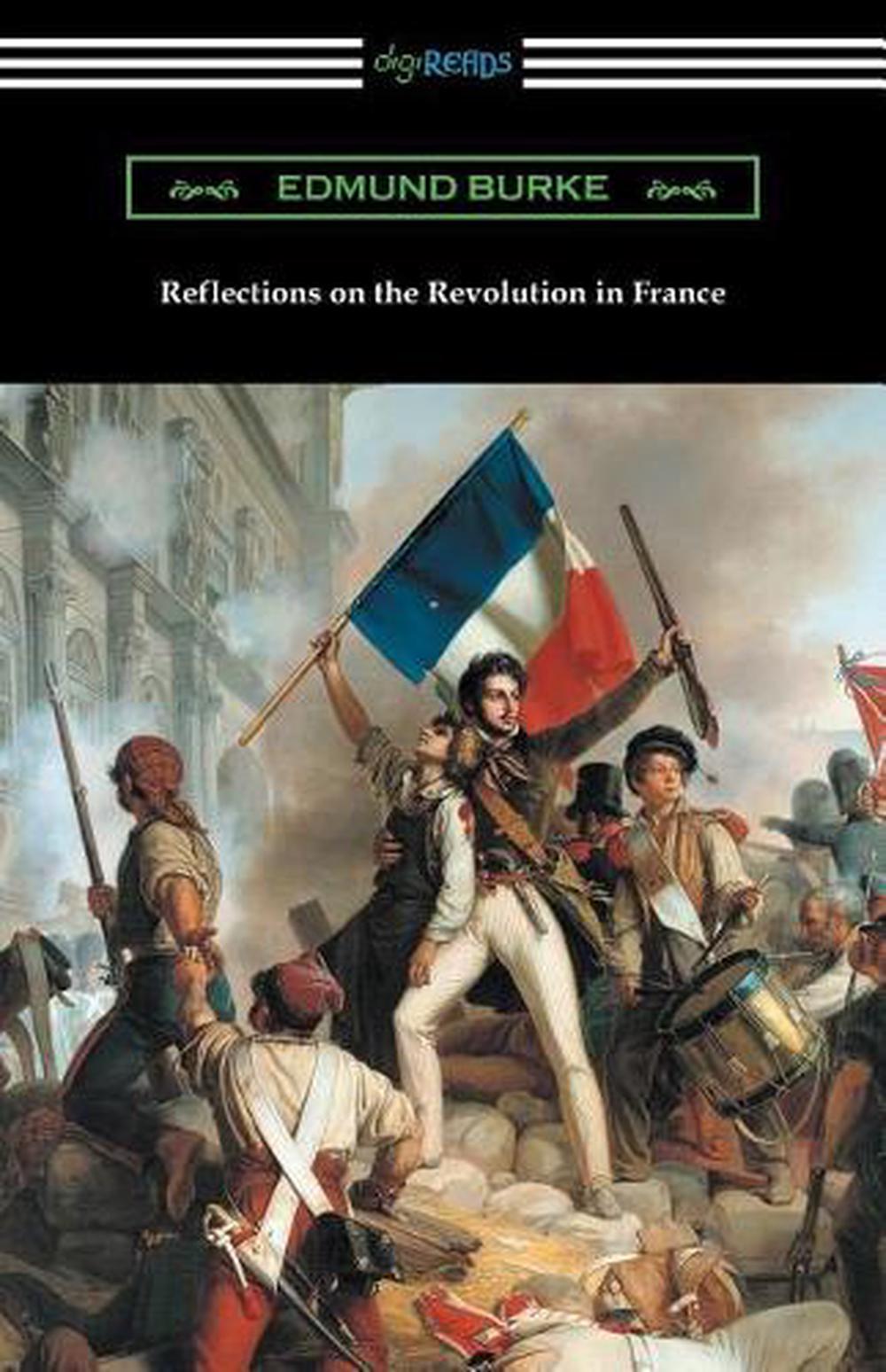

While you might associate the term with the list compiled and edited by Mortimer Adler, the publishers and editors of the Omnibus have established their own list that overlaps with The Omnibus curriculum desires to enable the student to unlock the treasure chest of ideas contained in the Great Books – those which have guided and informed thinking people of westernĬivilization. Omnibus is Latin for “all encompassing everything.” The publishers couldn’t have picked a better title for this project that has as its goal a six-year theology, history, and literature curriculum that will literally “talk about everything” - all the important ideas from all the ages will be put on the table to explore. Making a case for upholding established rights and customs, and advocating incremental reform rather than radical revolutionary change, Burke’s writings have profoundly influenced modern democracies up to the present day.From the captivating introductory question “Why study this stuff?” to the glorious full-color artwork representations to the sheer comprehensiveness of the coverage, these books are enthralling. He wrote at a time of great change, against the backdrop of the revolt of the American colonies, the expansion of the British Empire, the collapse of Ireland, and the French Revolution. Burke argued passionately in support of the American revolutionaries and in equally impassioned opposition to the horrors of the unfolding French Revolution.


Philosopher, statesman, and founder of conservatism, Burke was a dazzling orator and a visionary theorist who spent his long political career fighting abuses of power. Accompanying his influential masterpiece, Reflections on the Revolution in France, is a selection of pamphlets, speeches, public letters, private correspondence and, for the first time, two important and previously uncollected early essays. The most important works of Edmund Burke, the greatest political thinker of the past three centuries, are gathered here in one comprehensive volume.


 0 kommentar(er)
0 kommentar(er)
